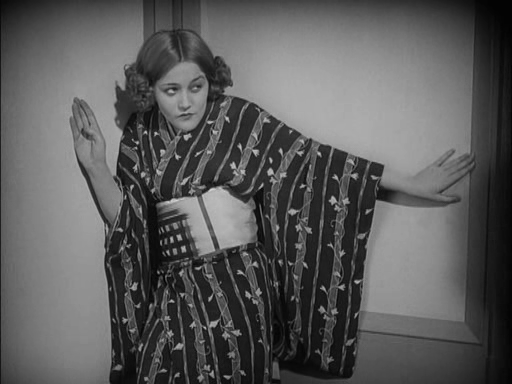
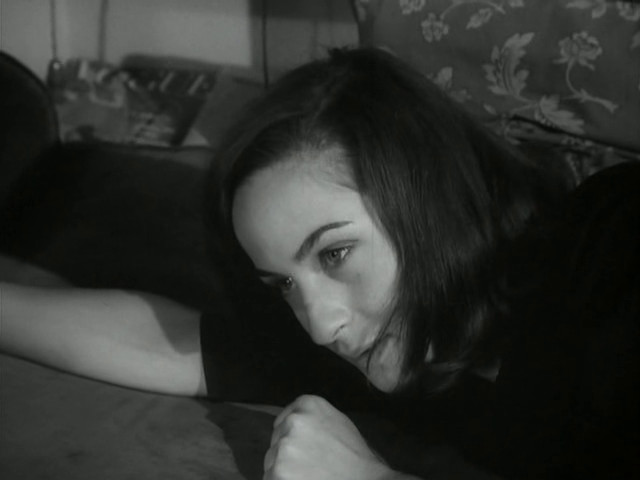
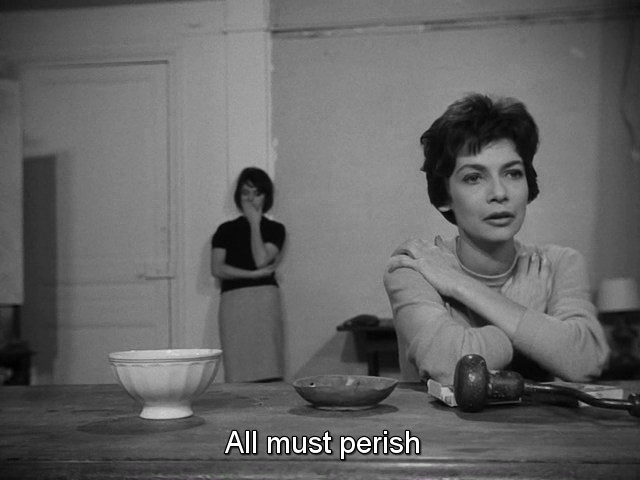
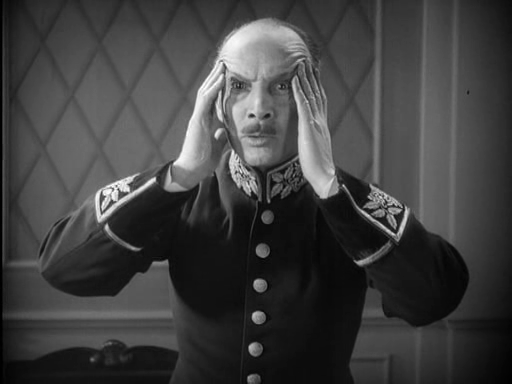
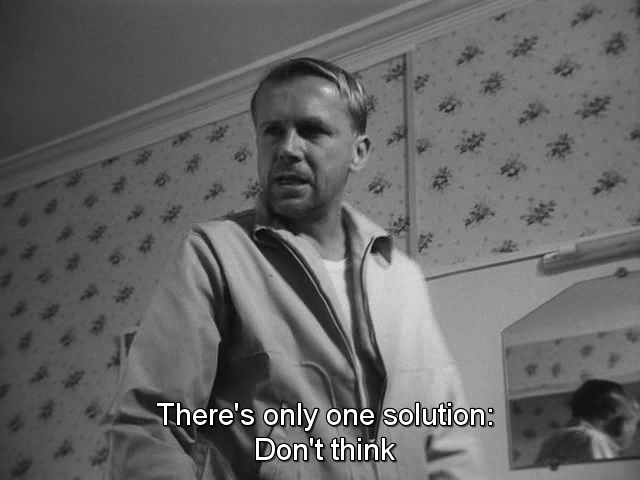
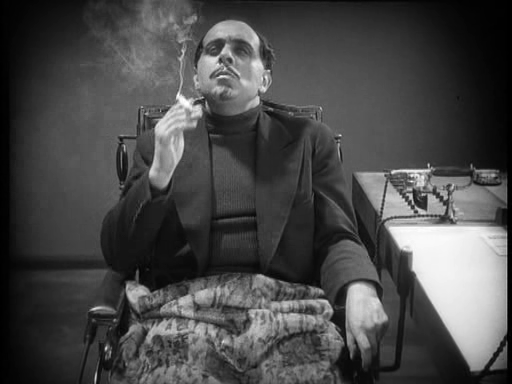
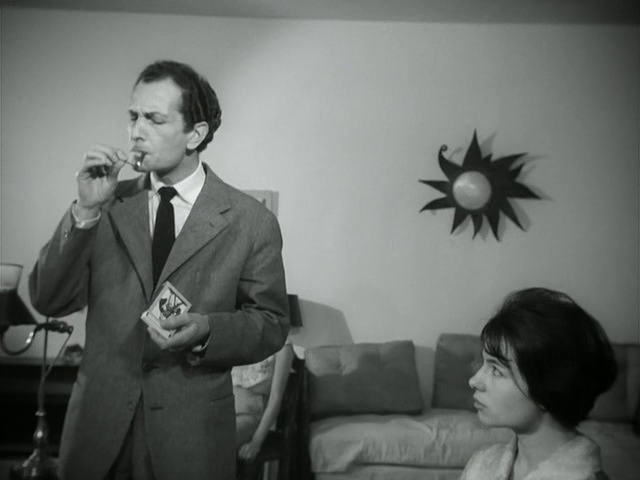
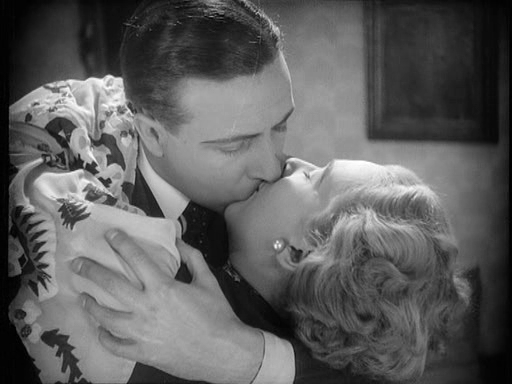
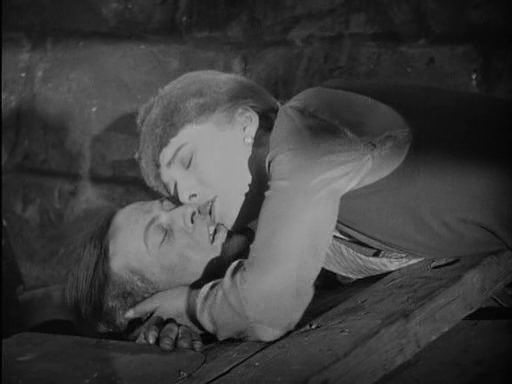
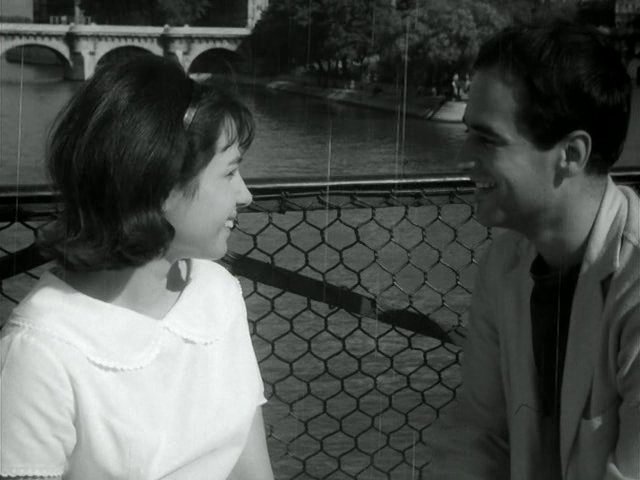
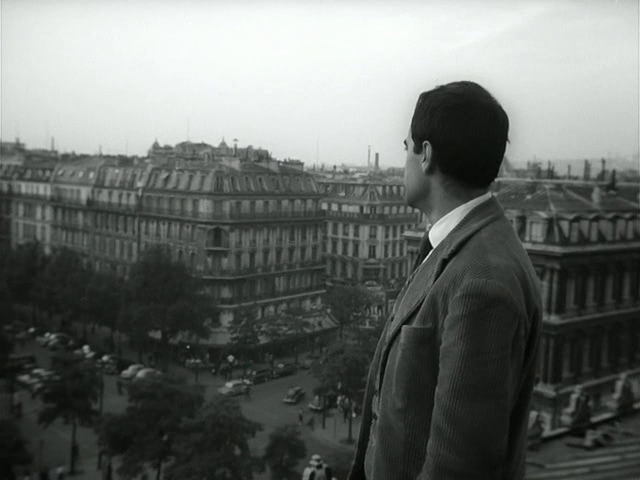
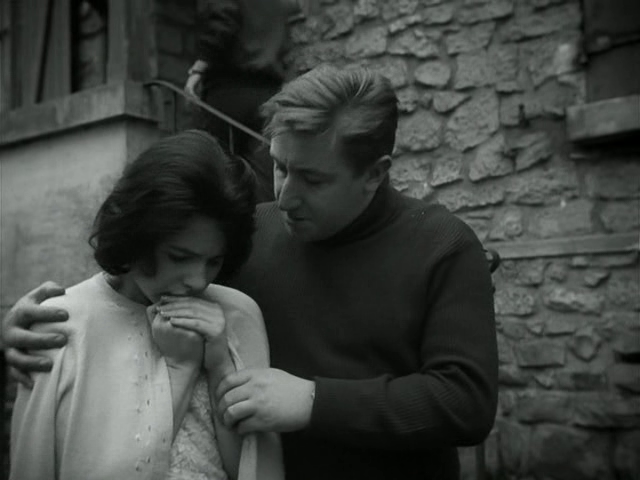 Rivette’s characters are like Lang’s, props guided by an unseen entity, humans without psychology and without autonomy. There are only two humans each in Paris Belongs to Us and Spies. They are the ones who field all of the impact of the machines, or rather the cogs. Though Lang’s film is filled with terror, tragedy, and sadness, it is Rivette’s film that is darker. Rivette suggests that those with autonomy lack the ability to assert their own will. The tragedy in Paris Belongs to Us, brought to fruition in its deus ex machina but illustrated throughout in its brilliant use of landscape, is thus both personal and existential.
Rivette’s characters are like Lang’s, props guided by an unseen entity, humans without psychology and without autonomy. There are only two humans each in Paris Belongs to Us and Spies. They are the ones who field all of the impact of the machines, or rather the cogs. Though Lang’s film is filled with terror, tragedy, and sadness, it is Rivette’s film that is darker. Rivette suggests that those with autonomy lack the ability to assert their own will. The tragedy in Paris Belongs to Us, brought to fruition in its deus ex machina but illustrated throughout in its brilliant use of landscape, is thus both personal and existential.
Spies (1928) by Fritz Lang
Paris Belongs to Us (1960) by Jacques Rivette